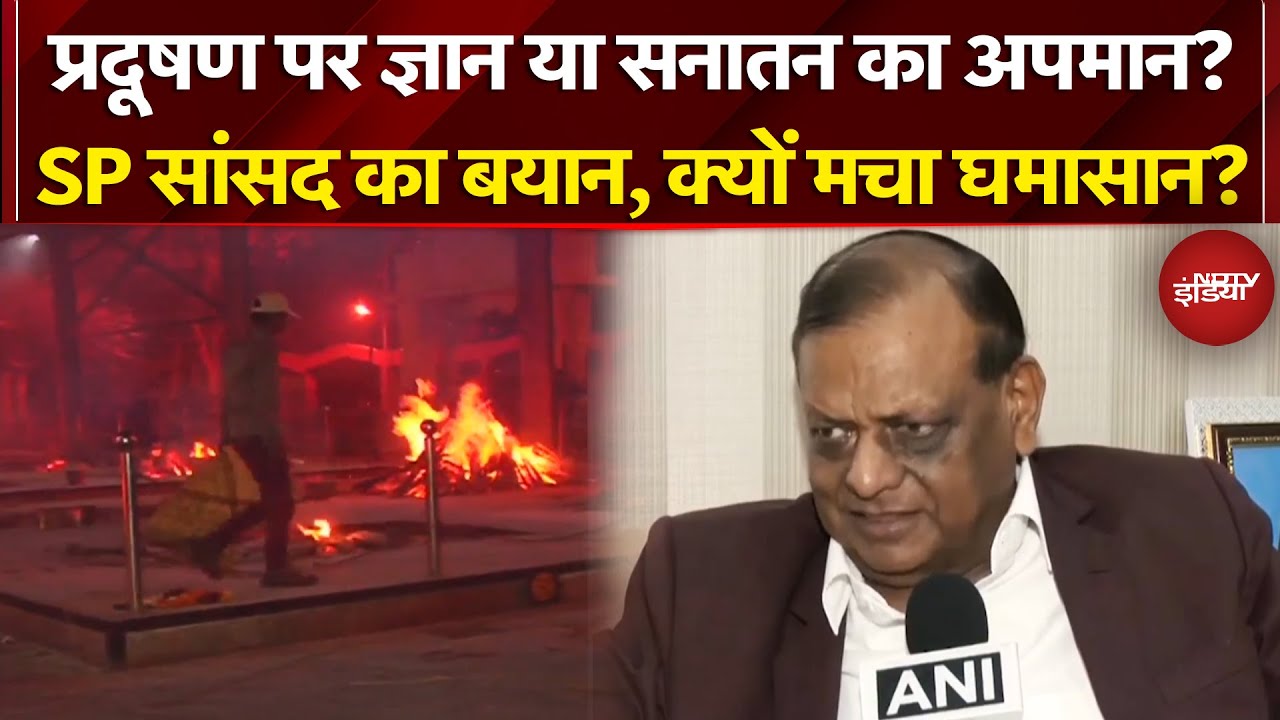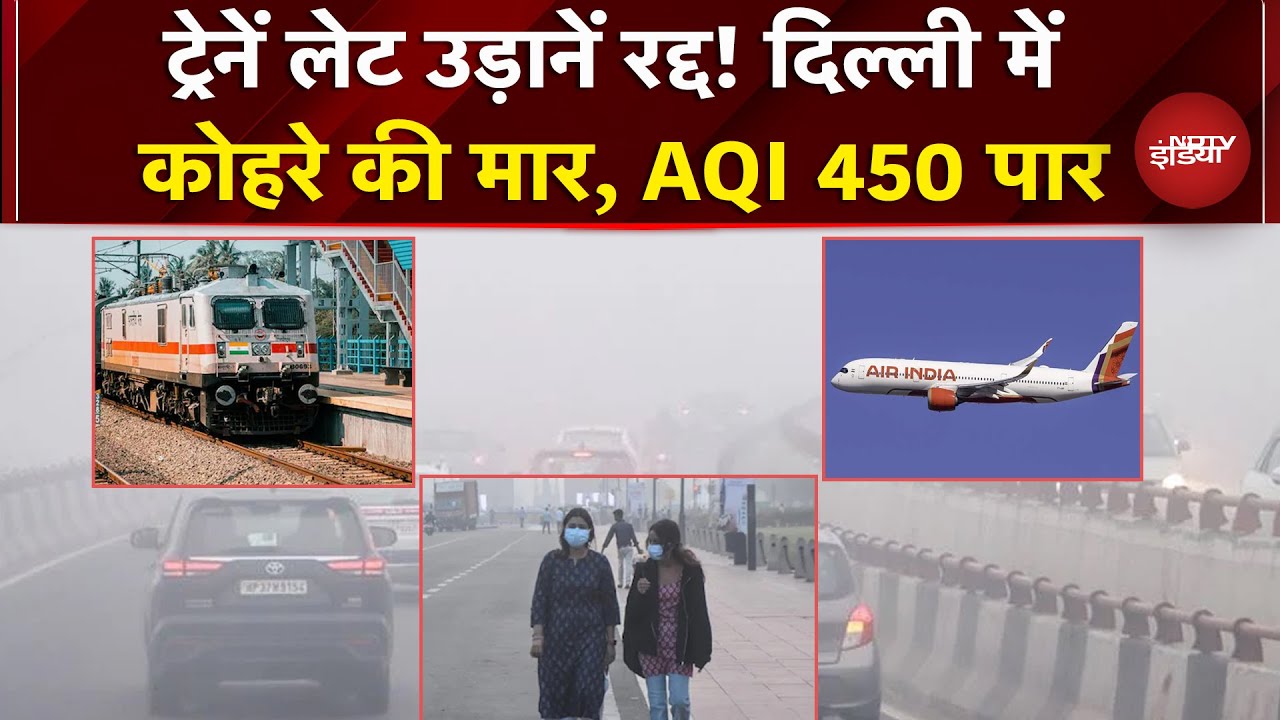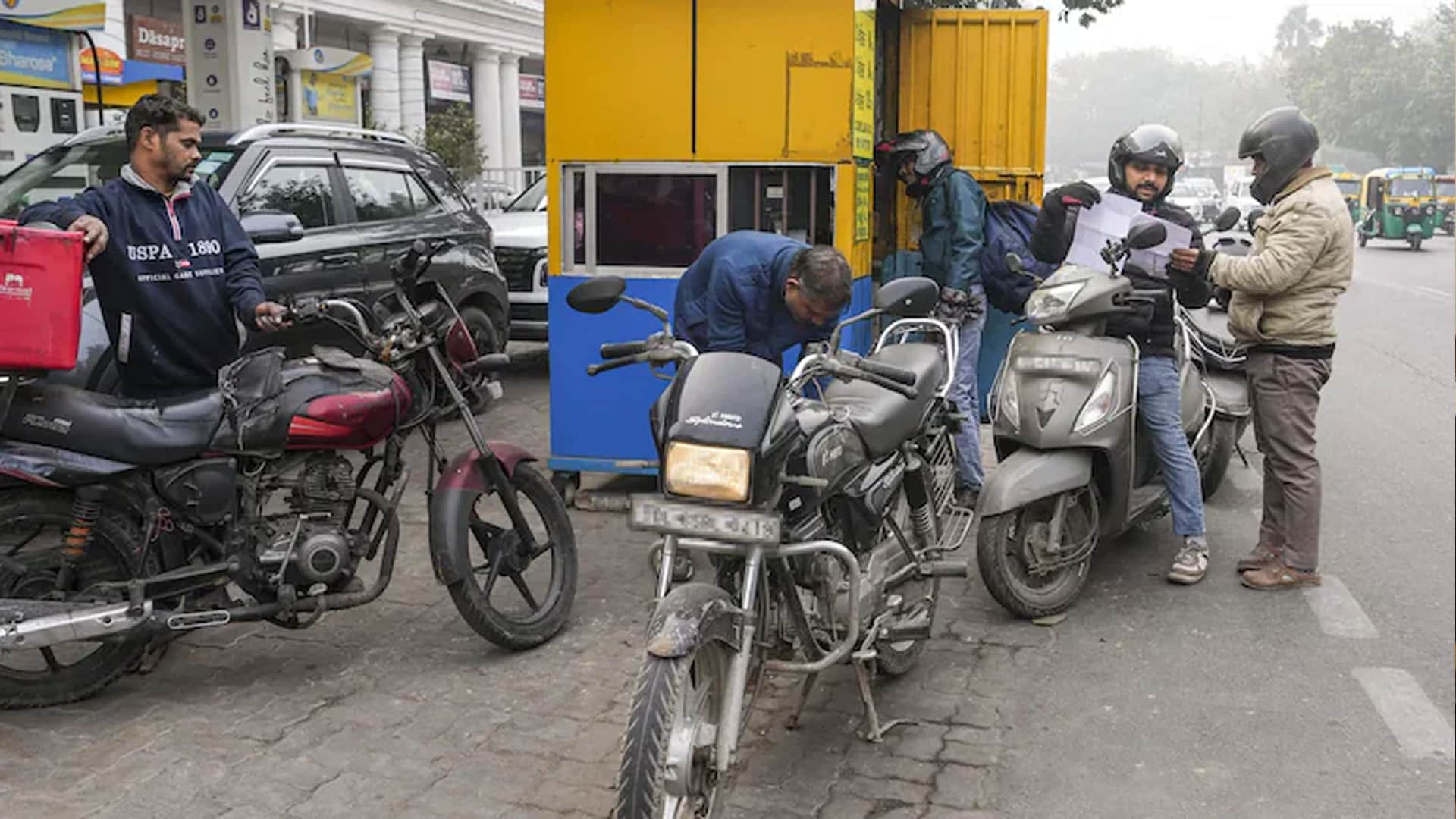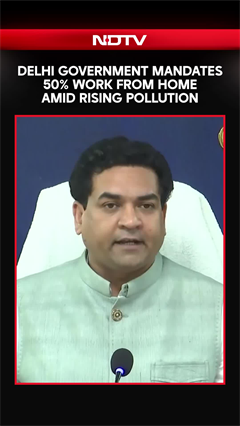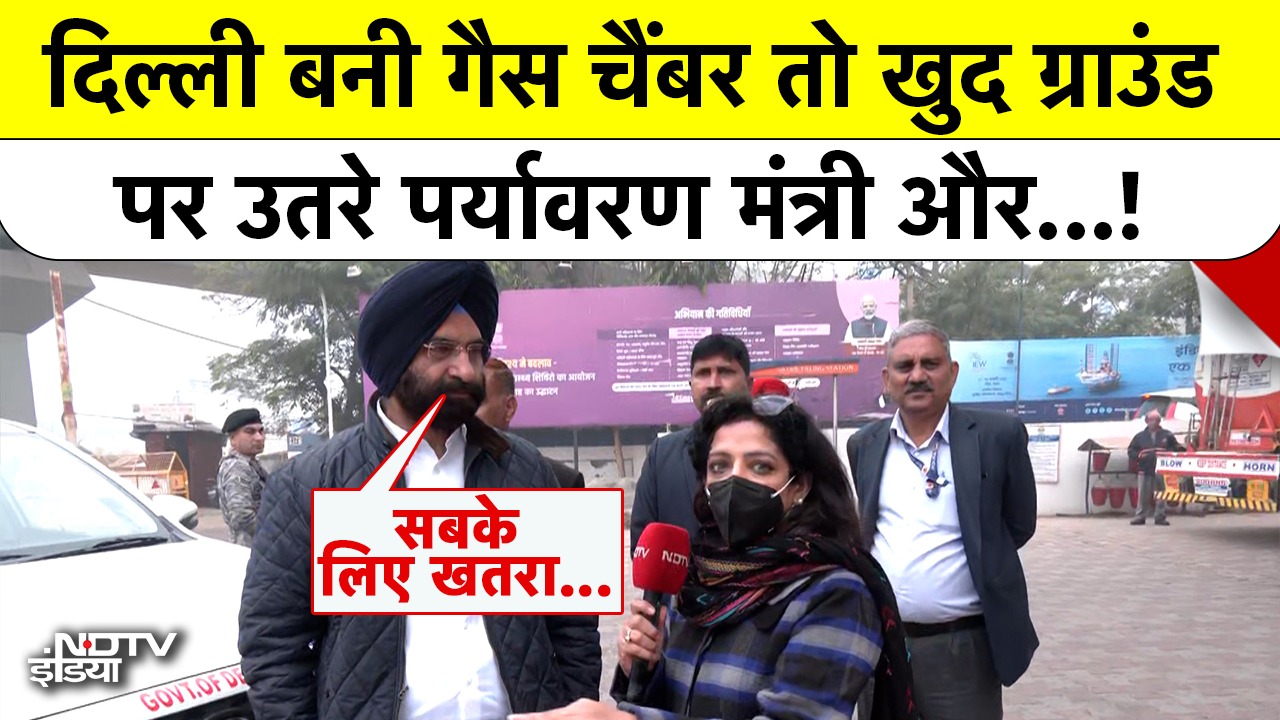- Home/
- 24 Industrial Units In Delhi Issued Closure Orders By Air Quality Panel
24 Industrial Units In Delhi Issued Closure Orders By Air Quality Panel

The centre panel on air quality has issued closure orders to 24 industrial units in the NCR for grossly violating the air pollution-related statutes and guidelines since invoking the first stage of its Graded Response Action Plan (GRAP).
The measures were enforced in the National Capital Region (NCR) on October 5 by The Commission for Air Quality Management (CAQM) on October 6.
Since then, a total of 472 incognito inspections have been carried out by the commission in industrial areas and construction projects across NCR and 52 grossly violating units and projects have been issued closure orders, CAQM said in a statement on Friday.
"Closure orders have been issued to 24 grossly violating industrial units. Of these, 05 industrial units were still found using coal and other unapproved polluting fuels," the CAQM said.
"Unfavourable climatic and meteorological conditions that generally prevail in the NCR during winters and farm fires have begun to adversely impact the air quality in the region," it added.
Predicting the air quality to deteriorate by the weekend, the CAQM had on Wednesday directed authorities to enact 'Stage II' of the Graded Response Action Plan - a set of anti-air pollution measures followed in the national capital and its vicinity as per the severity of the situation.
The second stage plan includes banning the use of coal and firewood in hotels, restaurants and open eateries. The use of diesel generators, except for essential services, is also banned.
GRAP is classified under four stages, depending on the air quality in Delhi. Stage I is implemented in case of 'poor' air quality (AQI 201-300); Stage II for 'very poor' (AQI 301-400); Stage III for 'severe' (AQI 401-450) and Stage IV for 'severe plus' (AQI >450).
If the situation turns 'severe', authorities will have to enforce a ban on construction and demolition activities in NCR, except on essential projects (such as railways, metros, airports, ISBTs, national security/defence-related projects of national importance) and non-polluting activities such as plumbing, carpentry, interior decoration and electrical works.
Brick kilns, hot mix plants and stone crushers not operating on clean fuels and mining and associated activities in NCR will also be banned.
The state governments in Delhi-NCR may also impose restrictions on Bharat Stage (BS)-III petrol and BS-IV diesel light motor vehicles (four-wheelers).
The measures in the 'severe plus' category or Stage IV include a ban on the entry of trucks into Delhi and the running of Delhi-registered diesel-run medium goods vehicles and heavy goods vehicles in the national capital, except those carrying essential commodities.
Four-wheeled diesel light motor vehicles, except BS-VI and those engaged in essential services, will also be banned in Delhi and bordering districts of NCR.
Stage IV will also trigger a ban on industries running on dirty fuels and construction and demolition activities in linear public projects such as highways, roads, flyovers, over bridges, power transmission and pipelines.
(Except for the headline, this story has not been edited by NDTV staff and is published from a syndicated feed.)
also read
Thick Smog Blankets Delhi-NCR, Over 100 Flights Cancelled, 50 Trains Delayed
Edited by Aastha AhujaDelhi Government To Install Air Purifiers In 10,000 Classrooms As Pollution Soars
Reported by Ishika Verma, Edited by Amit ChaturvediBattle For Breath: Mumbai's Elite Enclave Turns Pollution Hotspot
Reported by Jitendra Dixit, Edited by Srishti Kapoor
Latest Stories
- Edited by Aastha Ahuja | Saturday December 20, 2025 , New Delhi
The national capital, Delhi, woke up to a thick layer of smog blanketing the city with the Air Quality Index (AQI) at 380, falling under the 'very poor' category.
- Reported by Ishika Verma, Edited by Amit Chaturvedi | Friday December 19, 2025
The government plans a phased rollout, funded through the environment cess, though exact installation timelines have not been announced.
- Reported by Jitendra Dixit, Edited by Srishti Kapoor | Friday December 19, 2025
Air quality in and around Bhakti Park and Wadala Truck Terminal (TT) has plummeted in recent weeks, with AQI levels soaring beyond 300 - classified as "severe".
- Edited by Astitva Raj | Friday December 19, 2025
His post quickly became popular among people who have experienced similar health and safety concerns while living in Delhi.
- Press Trust of India | Friday December 19, 2025 , New Delhi
Commuter awareness rises after Delhi's BS-VI and No PUC, No Fuel enforcement; fuel sales dip in border areas, PUC queues remain steady, says DPDA president.
................................ Advertisement ................................
Latest Videos
Opinion
Blog | Well Done, Delhi. You've Turned Lung Sacrifice Into A Badge Of HonourSaikat Kumar Bose
Monday November 10, 2025Till some years back, Delhiites would ask angry questions to those in power about the capitals annual tryst with toxic air. This has changed. Those in the driving seat dont see the need to answer now.
Opinion | Why Indians Have Just Given Up On Air Pollution CrisisTanushree Ganguly
Friday December 20, 2024While some may argue that people in Delhi are now more aware of air pollution than they were a decade back, my rebuttal would be that awareness does not mean that people are concerned.
Opinion | You Must Outrage Over Filthy Air More Than Once A YearJyoti Pande Lavakare
Tuesday December 10, 2024Delhi welcomed us with monsoon rains and mangos. We were home. Fast forward a couple of years, in the winter of 2012, I found myself in denial about something other parents, mostly expats, were calling toxic air.
Opinion | Delhi's Air Pollution Situation Is Like A Bad MarriageNishtha Gautam
Friday November 22, 2024On a good day, such as today, the AQI reading in Delhi is 407. We are jubilant at the sickly sunshine trickling through the slightly dissipated smog. At least its not 1600.
दिवाली... पराली... सियासी जुगाली!Ashwini kumar
Monday November 18, 2024दिल्ली-एनसीआर में प्रदूषण का समाधान तो आज तक मिला नहीं. हर साल चिंतित होकर हम-आप सांसों की तकलीफ के साथ-साथ दिल और ब्लड प्रेशर के मरीज भी क्यों बनें?








